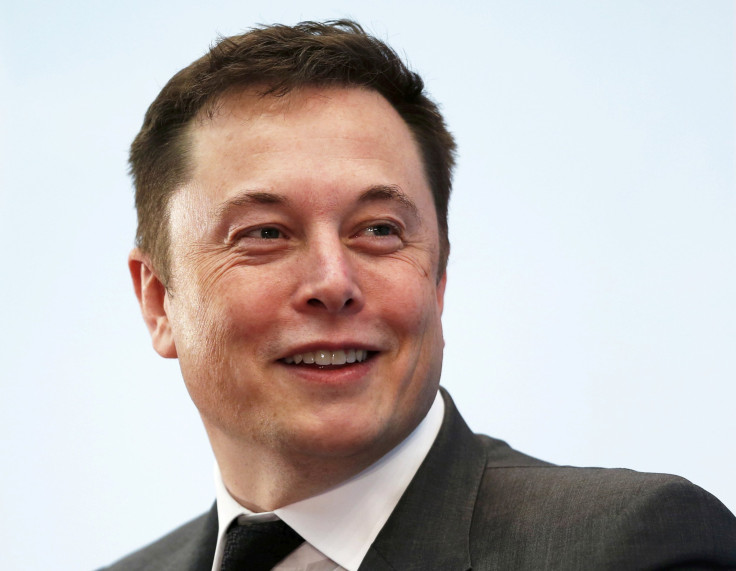'Sweet Dreams': Elon Musk Warns Dangers Of Backflipping Boston Dynamics Robot

The video of the Boston Dynamics robot called Atlas performing some impressive jumps and one stuck landing after a back flip that made the rounds online last week made its way to Elon Musk over the weekend.
Musk, an outspoken advocate for regulation on robotics and artificial intelligence development, said the impressive moves the robot performs in the video are "nothing." He retweeted the video and said, "This is nothing. In a few years, that bot will move so fast you’ll need a strobe light to see it. Sweet dreams..."
This is nothing. In a few years, that bot will move so fast you’ll need a strobe light to see it. Sweet dreams… https://t.co/0MYNixQXMw
— Elon Musk (@elonmusk) November 26, 2017
He clarified to one confused follower that a strobe light would be necessary because looking at the robot any other way would just look like a blur of movement. After warning his followers about how quickly the bot could end up a threat he tweeted again about the need for regulation.
"Got to regulate AI/robotics like we do food, drugs, aircraft & cars. Public risks require public oversight. Getting rid of the FAA wdn’t make flying safer. They’re there for good reason," he said, a tweet that reinforces his public idea that regulation will be key when developing AI and robots. He then also included the music video for the song "Regulate."
Got to regulate AI/robotics like we do food, drugs, aircraft & cars. Public risks require public oversight. Getting rid of the FAA wdn’t make flying safer. They’re there for good reason.https://t.co/6OXZC3UdMW
— Elon Musk (@elonmusk) November 26, 2017
Musk has been clear about his stance on robots and AI in the past. Twitter is one of the platforms he uses to discuss robots. Earlier this month he tweeted a reply to an article that he didn’t think armed robots would help save human lives. A month before that he had tweeted skepticism about the development of an AI God, and over the summer he got in a bit of an argument with Facebook CEO Mark Zuckerberg after he said Zuckerberg had a "limited" understanding of AI.
Musk has taken his opinions of AI and robot development off of Twitter as well. He advised the governors of the United States to institute some regulation over the production and development of AI and robots at the summer meeting of the National Governor’s Association where he called AI the "biggest threat we face as a civilization."
The way Musk sees it, if humans are lucky, once robots take over humans will end up with a societal role similar to the one house cats currently hold. Musk sees one way of preventing this though, he introduced the ideal of a neural lace. Or a type of mesh that would help humans essentially become part AI and more capable of competing with robots. He even started a company to help create such a technology called Neuralink.
© Copyright IBTimes 2025. All rights reserved.



















